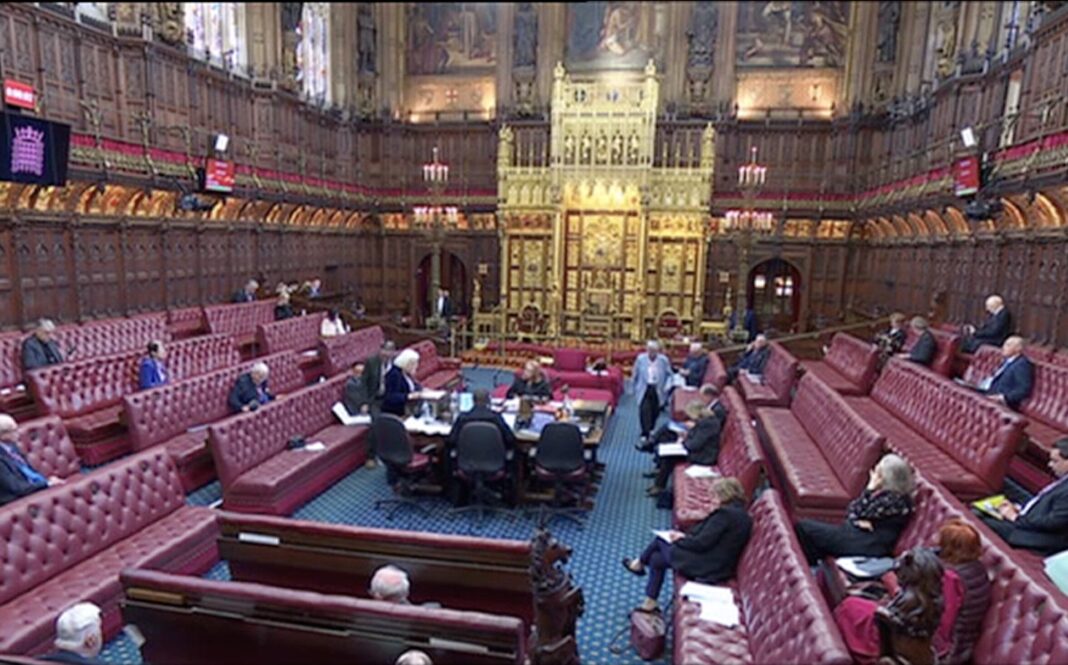The House of Lords has added weight to industry concerns that court reform must precede the removal of Section 21, as peers debated the Renters’ Rights Bill and echoed warnings long championed by Propertymark and its members.
At the heart of the legislation is the abolition of Section 21 “no-fault” evictions, shifting all possession cases to the more complex and court-reliant Section 8 process.
But the move, while intended to improve tenant security, has sparked widespread concern that an underprepared judicial system could be overwhelmed, leading to costly delays and eroded landlord confidence.
During this week’s debate in the Lords, members raised the same structural issues that Propertymark has flagged for years – namely, the pressing need for modernisation of court procedures, consistent outcomes across regions, and clearer possession timelines to give landlords and agents the legal certainty they require to operate responsibly.
DIGITAL COURT INVESTMENT NEEDED
The professional body, which represents property agents across the UK, has persistently called for investment in digital infrastructure within the court system, improved regional efficiency, and the establishment of reliable legal benchmarks to underpin possession claims.
Without these systemic improvements, many in the sector fear the reforms could backfire – stalling legitimate possession cases, increasing operating risk, and deterring investment in the private rented sector.
Peers also highlighted the government’s decision to step back from previous commitments made under the last Conservative administration, which had pledged to upgrade the court system before implementing such sweeping changes.
The reversal has drawn criticism for its potential to destabilise a market already facing chronic supply shortages and growing tenant demand.
The debate comes at a critical juncture for the UK’s rental market, where legislative uncertainty, tax burdens, and compliance pressures have already pushed some landlords to exit.
Industry data shows a notable contraction in landlord numbers over the past two years, particularly among small portfolio owners, adding to concerns about the availability of rental homes.
With the Renters’ Rights Bill set to move forward, the question of judicial capacity will become increasingly central.
While the goals of greater tenant protection and market transparency are broadly supported, stakeholders across the real estate industry argue that without meaningful court reform, the legislation risks doing more harm than good.
GENUINE CONCERNS REMAIN

Timothy Douglas, Head of Policy and Campaigns at Propertymark, says: “Propertymark continues to engage with all sides of the political debate to ensure the Renters’ Rights Bill is evidence-based and workable.
“To this end, genuine concerns remain over the lack of scrutiny of the Labour Government’s proposed reforms and, to date, an unwillingness to ensure they are future-proofed. Court reform and capacity to deal with Section 8 cases after the removal of Section 21 are both a key part of this.
“Letting agents are not against reform, but if such a major overhaul of the private rented sector in England is to bring about positive change, it must be done in a way that protects landlords and tenants and retains flexibility and choice, which has been fundamental to the success of the private rented sector over the years.”









